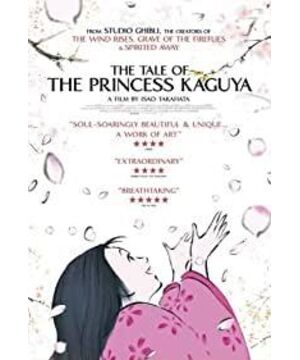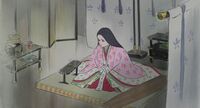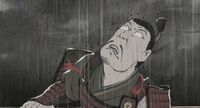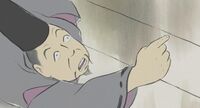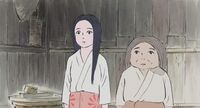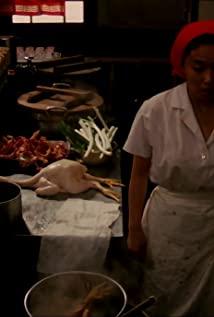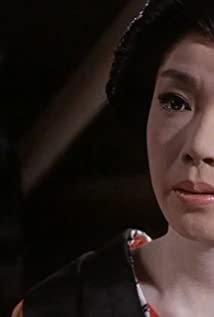The picture of this film adopts the style of ink painting, which lacks the industrial sense of CG animation. A large number of pastoral freehand pictures are very suitable for the theme of the film. The story is adapted from Japanese folklore, and Chinese folklore also contains similar stories. . Kaguya has gone from the world to the human world, and has experienced the joys, sorrows and sorrows of the world, "birds, insects and beasts, trees, grass and flowers". These childlike rural life is the simple and free life that Kaguya pursues. After his father Bamboo Touweng later discovered the celestial clothes and gold in the bamboo forest, he wanted to send his "daughter", which he regarded as a treasure, to the capital to be raised as a noble daughter, but Kaguya, who is naturally lively and active, could not get used to various etiquette. The shackles of norms, when it knew that its princess status was bought by his father, he felt infinite grievances. Since then, he has worked hard to learn various skills, calligraphy, qin, and etiquette. . . Since then, the courtships of the sons and brothers have been endless, but these are not what Kaguya needs. In her eyes, these sons and brothers are all empty shells hidden under the appearance of Ronghua. He is going to find freedom and return to her childhood. The place where I grew up, I saw the long-lost scenery, and the elder brother Shemaru, who has been married and had children for ten years. At this time, the director did not arrange for Kaguya to see Shemaru's wife and children, but let them live alone. Wilderness encounter. True love and freedom, this is what Kaguya has always pursued. In the meeting at the end of the film, the director let Kaguya and Shemaru fly freely in the countryside like new lovers. This is the perfect combination of love and freedom. . After this encounter, Kaguya was recalled to the moon. She put on her celestial clothes, and all the memories of the world she had experienced disappeared. The only thing that could make her cry was hearing the countryside from the world on the moon. nursery rhyme.
View more about
The Tale of The Princess Kaguya reviews


